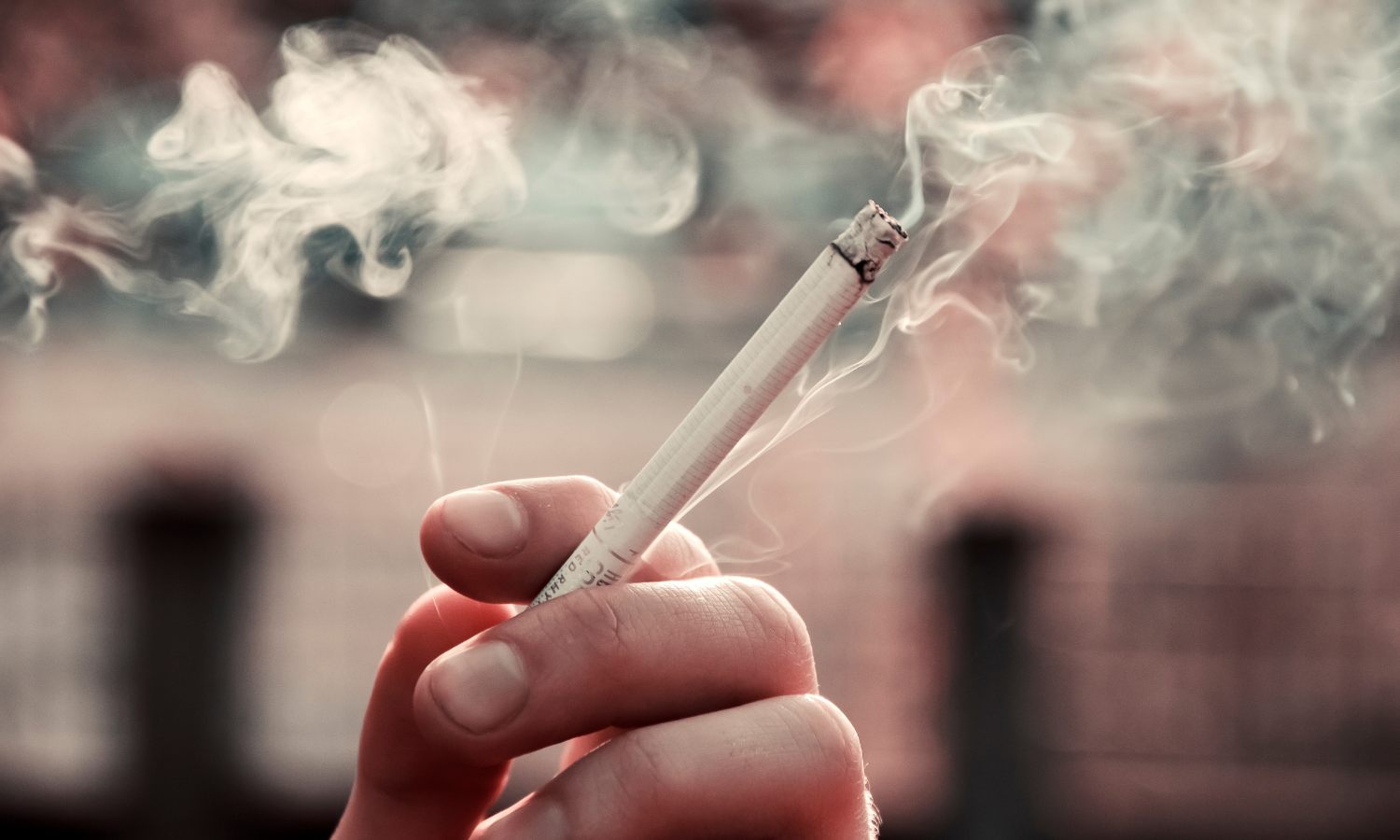Does Smoking Cause Acne?
Most people are aware of the negative effects smoking can have on their lungs and overall health, but did you know that smoking can also cause acne and other skin problems? In this article, we'll explore the ways in which smoking can harm your skin and what you can do to protect it.
The Link Between Smoking and Acne: Can Smoking Cause Acne?
While the exact mechanism behind the link between smoking and acne is not fully understood, research has shown that smoking can increase inflammation in the body. This inflammation can lead to clogged pores and an overproduction of oil, both of which are key factors in the development of acne. Smoking can also decrease the amount of oxygen and nutrients that reach the skin, leading to a dull, unhealthy complexion.
How Smoking Affects the Skin
Smoking can have a negative impact on the skin in many ways. It can cause premature aging, wrinkles, and even skin cancer. But one lesser-known effect of smoking on the skin is its ability to cause acne. Smoking can increase inflammation in the body, leading to clogged pores and an overproduction of oil, both of which are key factors in the development of acne. Smoking can also decrease the amount of oxygen and nutrients that reach the skin, leading to a dull, unhealthy complexion. If you want clear, healthy skin, quitting smoking is a great place to start.
How Smoking Can Worsen or Cause Acne:
Increases Inflammation- Smoking can cause inflammation in the body, which can lead to acne. Inflammation can cause the skin to produce more oil, which can clog pores and lead to breakouts. When you smoke, you inhale more than 4,000 chemicals, which can trigger an inflammatory response in your body.
Decreases Blood Flow to the Skin- When a person smokes, the chemicals in cigarette smoke cause the blood vessels in the body to narrow, reducing blood flow to vital organs. The skin, being the largest organ of the body, is also affected by this reduction in blood flow. As blood flow to the skin is reduced, the skin receives less oxygen and vital nutrients. This results in the skin appearing dull, dry, and aged.
Damages Collagen + Elastin- Smoking can damage collagen and elastin, which are important for healthy skin. Collagen and elastin help keep the skin firm and elastic, and smoking can cause them to break down. This can lead to wrinkles and sagging skin, which can make acne scars more noticeable.
Increases Stress Levels- Studies have shown that smoking can actually increase stress levels over time. Nicotine, the addictive substance found in cigarettes, stimulates the release of cortisol, a hormone associated with stress. Stress can cause the body to produce more oil, which can clog pores and lead to breakouts.
Decreases Vitamin C Levels- Smoking can decrease vitamin C levels in the body, which is important for healthy skin. Vitamin C helps protect the skin from damage and can help reduce inflammation. A lack of vitamin C can make the skin more prone to breakouts.
Increases Risk of Bacterial Infections- Studies have shown that smoking is linked to an increased risk of contracting bacterial infections. In addition to weakening the immune system, smoking can also damage the respiratory system, allowing bacteria to enter the body more easily. Bacteria can thrive in the pores of the skin, and smoking can make it easier for them to grow and cause breakouts.
Damages Overall Skin Health- Smoking can lead to a dull and sallow complexion, making a person look older than their actual age. The harmful chemicals in cigarettes can also cause skin discoloration and uneven skin tone, creating age spots and hyperpigmentation. Quitting smoking can improve skin health and reduce the risk of acne. When you quit smoking, your body can start to repair the damage that smoking has caused. This can lead to healthier, clearer skin.
The Impact of Smoking on Skin Aging
Smoking is a major contributor to premature aging of the skin. The chemicals in cigarettes can damage collagen and elastin, which are essential for maintaining the skin's elasticity and firmness. This can lead to wrinkles, sagging skin, and a dull complexion. Smoking also causes the skin to become dehydrated, which can make fine lines and wrinkles more noticeable. If you want to maintain a youthful, healthy appearance, quitting smoking is one of the best things you can do for your skin.
Tips for Quitting Smoking and Improving Skin Health
Quitting smoking can be a difficult process, but the benefits for your skin and overall health are worth it. Quitting smoking is one of the best decisions a person can make to improve their health and overall life quality. Here are some tips to help you quit smoking and improve your skin health:
1) Seek Support- Support can come in many forms, from friends and family members to support groups and government-led programs. These resources can offer encouragement, accountability, and education on the benefits of quitting smoking.
2) Nicotine Replacement Therapy- Nicotine replacement therapy (NRT) is a treatment method that aims to help people quit smoking by replacing the nicotine they would otherwise get from tobacco with a safer source of nicotine. NRT products include patches, gum, lozenges, inhalers, and nasal sprays, and they are available over-the-counter or by prescription. NRT can be effective in helping people quit smoking by reducing cravings and withdrawal symptoms that make quitting challenging. These products work by slowly releasing nicotine into the body, which helps to reduce cravings. Over time, the dosage of NRT is gradually lowered until the body no longer needs nicotine.
3) Stress Management- Quitting smoking can be a stressful and challenging process. As you embark on your journey to becoming smoke-free, it's important to manage stress effectively to increase your chances of success. Try exercise, meditation, or breathing exercises.
4) Drink Plenty of Water- Cigarette smoke contains harmful chemicals that damage the skin by depleting it of vitamin C, reducing collagen production, and causing premature aging. However, drinking water can counteract these effects by flushing out toxins from the body, rehydrating the skin, and improving its elasticity. When you quit smoking, the body undergoes a healing process, and drinking plenty of water can help to speed up this process. Proper hydration enables the skin to regenerate and form a protective barrier against pollutants and other environmental factors.
5) Focus on Skincare- Use skincare products that contain antioxidants and other beneficial ingredients to help repair and protect your skin. Remember, quitting smoking is a journey, but taking steps towards a healthier lifestyle can have a positive impact on your skin and overall well-being.



